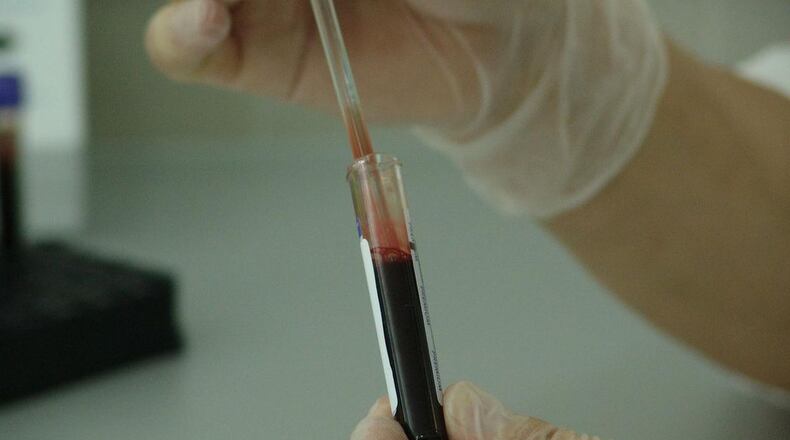Dr. Keith Jerome, the head of the virology division at University of Washington Medicine, said a blood test has big possibilities.
"We're not looking for the virus itself, we're looking for the body's response to the virus and that lasts for weeks or months after they've been infected," Jerome said. "So we may be able to start identifying people who maybe wondered if they had the infection or find out they had it and hardly even knew."
Blood tests for coronavirus antibodies are beginning around the country and could potentially identify people who are protected from the virus because they've already had it.
"If so, those people could be the ones who help rebuild our economy and rebuild our active society," Jerome said.
Dr. Larry Corey, president and director emeritus at Fred Hutchinson Cancer Research Center said researchers are encouraged by data from Asia, where the pandemic began.
The rate of people being reinfected is low, suggesting at least some temporary protection.
"Do I feel that these assays that say you had past infection are very likely to say that you are going to be protected? The answer is yeah, and I would use this at the moment to say that you probably are immune, but you saw me use the word 'probably,'" Corey said.
There are also questions about how to ramp up widespread blood tests.
"Simply drawing blood on a hundred thousand people is not a small task," Jerome said. "It will take weeks or months to get everyone tested."
Big diagnostic companies are working on it, and Jerome expects we should start seeing more blood testing soon.
How blood tests might be used to reopen society is not clear.
Corey said testing will be key for scientists developing a coronavirus vaccine.
"We need to solve this problem with the vaccine," Corey said. "It's really important that we develop a CoV-2 vaccine."
About the Author
